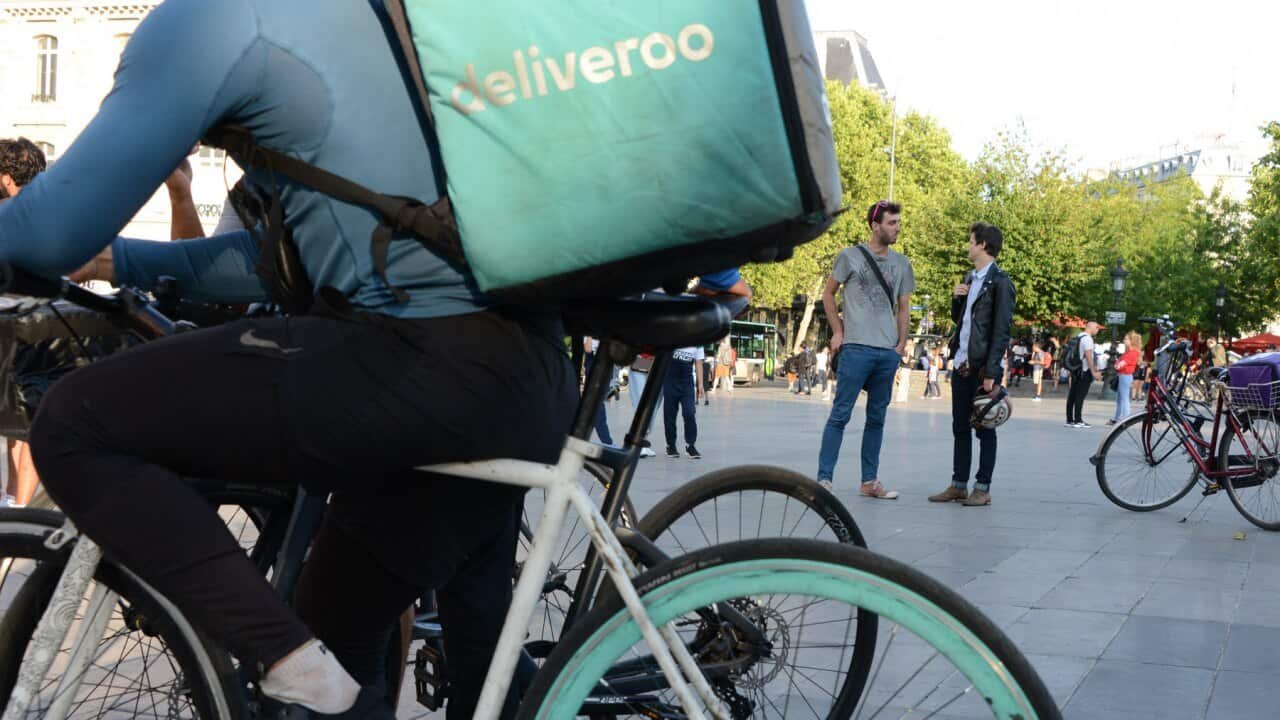Paying for essentials like food, housing, healthcare and education should be covered by a basic living wage, and some Australia-based brands are not offering that to their employees in foreign countries, a new report says.
Ahead of the Christmas season, Oxfam Australia has released a list of fashion brands that have failed to make commitments ensuring payment of living wages to women making their clothes in countries like Vietnam or Bangladesh.
Some of the big names appearing on the list include Just Jeans, Peter Alexander, Jay Jays, Myer, Rivers, Katies and W. Lane and Big W.
The Spanish-owned Zara is also on this list for failing to publish the factories where its clothes are made. "Women who spoke to us were being paid as little as 62 cents an hour in Bangladesh," Sarah Rogan, the leader of Oxfam's Australia Labour Rights group said.
"Women who spoke to us were being paid as little as 62 cents an hour in Bangladesh," Sarah Rogan, the leader of Oxfam's Australia Labour Rights group said.

Big name fashion brands including Zara, Myer and Big W have been slammed for underpaying foreign factory workers. Source: AP
"They're unable to afford treatment when they fell sick, to send their children to school, to make their pay stretch to put enough food on the table and being separated from their children."
The report published by Oxfman is called Naughty or Nice, and it is part of a two-year campaign started in 2017.
Oxfam has been monitoring some of the most iconic Australian clothing retail brands, as well as some of the largest international brands that have entered the Australian market. "We selected the companies by examining their size and market share in Australia and looking at their target markets," Ms Rogan said.
"We selected the companies by examining their size and market share in Australia and looking at their target markets," Ms Rogan said.

Some garment workers are being paid as little as 62 cents an hour in Bangladesh. Source: AP
"We've been in communication with these brands over the two years of the campaign. Ahead of publishing this list we wrote to each company explaining what we were asking them to do."
From these conversations and push for commitment towards the payment of living wages, the initial list of questioned brands was reduced from 11 to nine.
None of the brands appearing to fail to pay living wages contacted by AAP have commented on the issue.
The research commissioned by Oxfam and conducted by Deloitte Access Economics says women aged 18 to 25 make up 80 per cent of the factory workers in the global garment industry.
The report affirms that the local minimum wage in Bangladesh equates to just 39 Australian cents an hour, 64 cents in Vietnam and 93 cents in China. If big companies passed the entire cost of paying living wages to all workers on to consumers, the price increase of a T-shirt in Australia would be 10 cents, the report estimates.
If big companies passed the entire cost of paying living wages to all workers on to consumers, the price increase of a T-shirt in Australia would be 10 cents, the report estimates.

Oxfam is calling on Australian fashion retailers to lift wages for overseas workers. Source: AAP
"There is room within their margins for companies to lift the amount they pay to suppliers for factory wages," Ms Rogan said.
"A living wage is not a luxury, but is a minimum that all working people should be paid if they are to escape the cycle of poverty."


